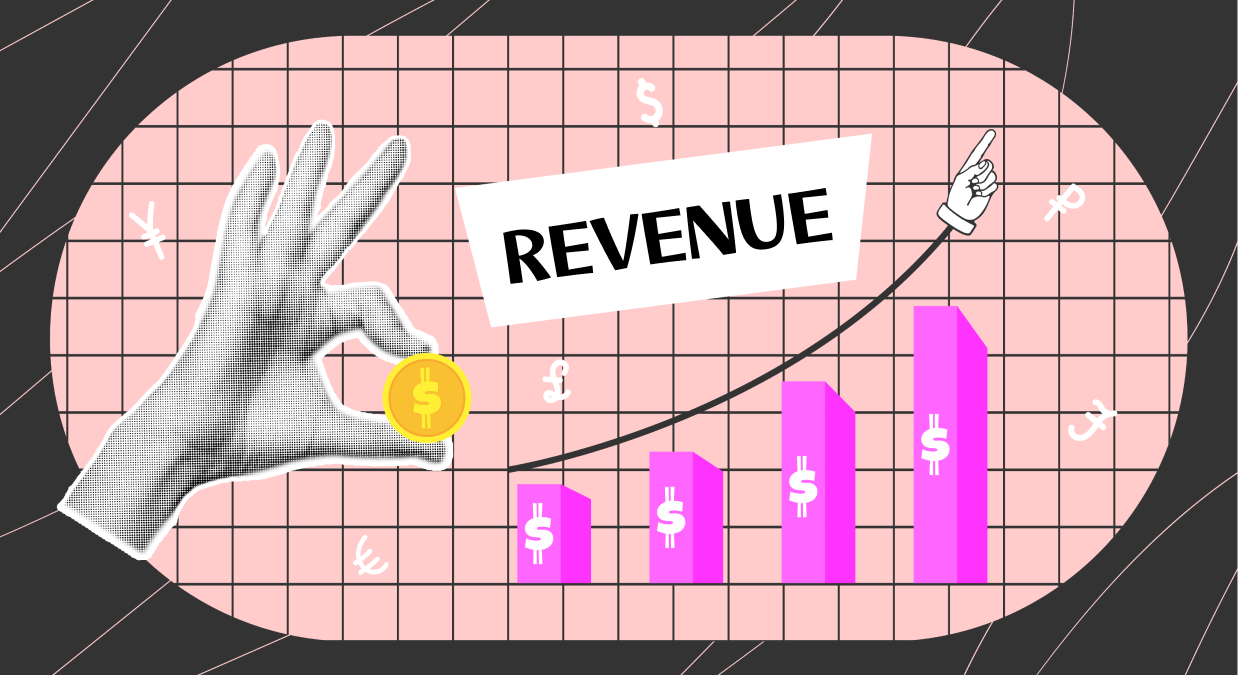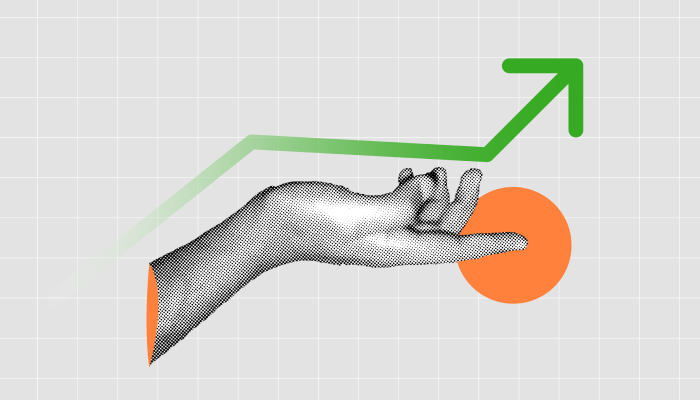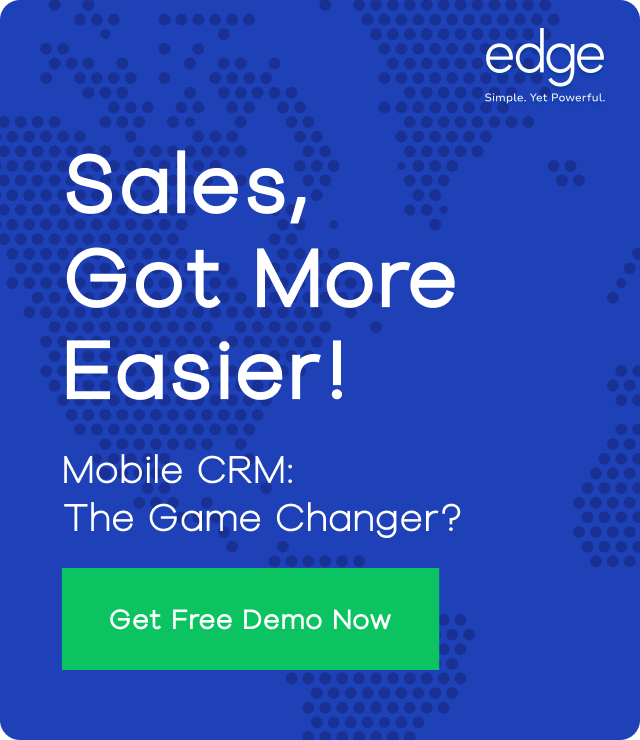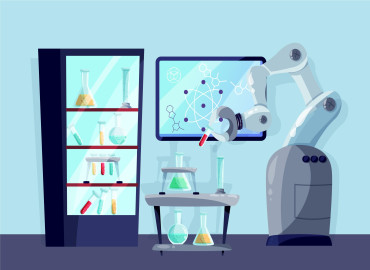by Michael Bani
7 minutes
AI in Pharma Sales: Improving Sales Forecasting and Customer Targeting
Discover how AI is transforming pharma sales through predictive analytics, automation, and customer engagement while tackling key challenges.

In the pharmaceutical industry, the primary customer is healthcare professionals (HCPs). Most pharmaceutical products are recommended to patients by their HCPs, and very few products (e.g., over-the-counter products and blood pressure detectors) need no doctor’s prescription. Consequently, for a pharmaceutical company, reaching a sales goal depends on whether it can reach and convince HCPs to recommend its products. Add to this mix the fierce competition that exists in the pharmaceutical industry, and you’ll realize how difficult sales truly is.
In this complex arena, artificial intelligence (AI) can significantly help. AI has already shown promising potential in sales and marketing in other industries, and similar applications and potential can be expected in the pharmaceutical industry. AI’s potential in the pharma industry steps from the available data-rich landscape. Companies can leverage cutting-edge technologies and the abundantly available customer and prescription data to improve sales forecasting.
However, as it is still at a nascent stage, the role of AI in pharma sales is quite complex and must be discussed in depth.
What's the Role of AI in Pharma Sales
All use cases of AI in pharma sales can be broadly divided into two categories:
AI-driven customer targeting

- Tailored Recommendations: By analyzing historical data, AI can understand the basic prescription patterns, preferences, and mindset of HCPs toward the treatment of specific or generic diseases. This insight can then be used to develop tailored discussions with the physicians and provide personalized recommendations. According to a McKinsey study, personalized recommendations can improve sales by 5-15%.
- Predicting Needs: Sales representatives can use predictive analytics to understand a physician’s needs before they are explicitly discussed. For example, predictive analytics can identify which products from the available bundle can be amenable to the recommendation. Based on this data, the sales representative can create a marketing strategy to convince the HCP to select additional products.
- HCP Brand Loyalty: AI can also be used to browse an HCP’s social media activity and historical prescriptions to identify their brand loyalty. Furthermore, it can also identify points related to real-life events where the HCP’s brand loyalty shifted to a competing brand. This can also be used to retain existing HCP confidence.
- Optimized Territory Management: AI-driven customer targeting can also be used to optimize sales territories by analyzing geographic and demographic data to create territories that balance workload and sales opportunities.
Sales productivity

- Automating Repetitive Tasks: AI can automate repetitive administrative tasks like expense reporting and order processing, giving sales representatives more time on the field.
- Automating Data Entry & Reporting: AI can also interpret and input data into customer relationship management (CRM) systems, reducing the sales representatives’ workload and allowing them to focus on HCP engagement.
- Training: AI can also be used to train sales representatives by simulating scenarios with HCPs. AI can significantly shorten the training time, and it can also identify future training opportunities.
These applications of AI in pharma sales are only the tip of the iceberg. We can expect new use cases to emerge. However, this will depend on how AI technologies are developed.
AI Technologies in Pharma Sales
Some technologies have shown promise in developing an AI-driven sales strategy. Here are some AI technologies that can be used to improve sales forecasting and customer targeting:
Some technologies have shown promise in developing an AI-driven sales strategy. Here are some AI technologies that can be used to improve sales forecasting and customer targeting:
1) AI-Powered Predictive Sales Analytics
AI-powered predictive analytics models can analyze historical sales data, market trends, and HCP behaviour to forecast demand and develop strategies for sales. Consequently, pharma companies can allocate resources and improve their sales representative targeting. Predictive sales intelligence is a powerful application of AI in pharmaceutical sales that helps companies forecast customer behavior and optimize their sales strategies.
By analyzing large volumes of data such as electronic health records (EHRs), prescribing patterns, market access information, and patient demographics, AI can identify which healthcare professionals (HCPs) are most likely to prescribe specific medications. This allows sales teams to prioritize their outreach, target the right physicians, and deliver personalized messaging at the most effective time.
It also helps determine the best communication channels such as in-person visits, emails, or virtual meetings based on HCP preferences and engagement history. Companies like Veeva Systems and Aktana are already using predictive analytics to guide pharma reps with data-driven insights, improving call planning, reducing costs, and increasing the overall impact of sales efforts.
2) Natural Language Processing (NLP)

3) AI-Powered CRM Automation
AI-powered CRM systems can analyze customer interactions and segment audiences, allowing sales representatives to develop better-fitting sales strategies. They can also predict HCP preferences and provide personalized recommendations, allowing sales representatives to develop personalized sales strategies and improve engagement.
4) Sales Enablement Tools
AI-powered sales enablement tools can be used to obtain real-time insights into the customer’s behaviour. Hence, these insights can be used to recommend the next best step based on the customer’s response. The tools can also analyze engagement data and recommend relevant content/strategies for a particular HCP, which will help the sales representative improve their sales presentations.
5) Lead Scoring Models
Machine learning (ML) models can rank potential leads in the order they’re most likely to convert. Hence, sales teams can focus on high-value leads that will bring revenue instead of chasing leads that are most unlikely to lose brand loyalty. This optimizes the sales efficiency and productivity of pharma companies.
6) Data Extraction & Reporting Tools
AI-powered automation tools can organize and extract insights from unstructured data and generate reports. These tools can also automate data entry, filling, case processing, and other administrative tasks, reducing the representative’s workload.
While many of these tools seem promising and, to a large extent, have been implemented by many companies in various sectors, their implementation in the pharmaceutical industry is still limited. This is primarily because the implementation of AI in pharma sales faces several challenges.
Challenges Facing AI in Pharma Sales
Here are some key challenges that companies face when trying to implement an AI-powered sales strategy:

1) Compliance Issues: AI models must strictly adhere to regulations surrounding HCP and patient data usage. For example, models must comply with the HIPAA and FDA guidelines to ensure no data leaks. However, implementing such guidelines is challenging, and ensuring constant compliance is also tricky.
2) Limited Data Availability: Appropriate, high-quality, and structured data is necessary to develop a reliable and accurate AI model. However, obtaining this data is difficult as most data is fragmented. Furthermore, high-quality data is needed to provide good insights even after the model is developed. Inaccurate, missing, or biased data can result in inaccurate predictions.
3) Implementation Costs: The development of AI technologies is expensive and time-consuming. Furthermore, the timelines, returns of investment, and long-term benefits of such technologies are not guaranteed, making companies wary of making such high upfront investments.
4) Transparency Issues: Many AI models lack transparency. For example, a model may recommend a strategy or decision. Still, the underlying decision behind this recommendation is unclear or is not explained by the model, making it hard to trust the decision unquestioningly.
5) Regulatory Uncertainty: The implementation of AI in pharma sales—or, for that matter, in the entire industry—is uncertain because regulatory authorities have yet to define guidelines for AI applications. While the EU AI Act is a step in the right direction, most countries have yet to decide their stance on AI, which does not encourage the rapid implementation of AI.
What Is Ethical AI In Pharma Sales?
As AI becomes more integrated into pharmaceutical sales, ensuring ethical practices is essential to maintain trust, regulatory compliance, and patient well-being. Ethical AI refers to the responsible design, development, and deployment of AI systems in a way that is fair, transparent, and aligned with healthcare laws and industry standards.
In pharma sales, AI tools analyze large volumes of HCP and market data to guide sales strategies. However, without proper governance, these tools can raise concerns related to data privacy, bias, transparency, and promotional ethics. That’s why pharmaceutical companies must implement robust ethical frameworks when using AI in sales operations.
What Are The Key Principles Of Ethical AI In Pharma Sales?
a) Data Privacy and Consent Compliance: AI systems must adhere to global and local data protection laws such as:
- GDPR (EU) – ensures personal data is processed lawfully and transparently
- HIPAA (USA) – safeguards protected health information
- DPDPA (India) – mandates consent-based use of digital personal data
Sensitive data from HCPs or patients must be anonymized and used only for legitimate, approved purposes.
b) Bias-Free Decision-Making: Algorithms must be regularly tested and audited to prevent biased targeting (e.g., favouring only high-prescribing doctors or excluding underserved regions). Bias can lead to unfair treatment or missed health equity opportunities.
c) Transparency & Explainability: Sales reps should understand why the AI system suggests a particular action (e.g., which doctor to contact or when). Explainable AI increases trust and allows human oversight of automated decisions.
d) Promotion Within Regulatory Boundaries: AI tools must never suggest off-label drug promotion or exaggerate clinical benefits. They must follow rules set by regulatory authorities, like:
- FDA (U.S. Food and Drug Administration)
- EMA (European Medicines Agency)
- CDSCO (Central Drugs Standard Control Organization – India)
e) Corporate Governance and Oversight: Leading companies such as Novartis, Pfizer, and Roche have established AI ethics boards and governance frameworks. These groups evaluate AI tools before deployment and monitor them for compliance, fairness, and risk.
By integrating ethical AI practices, pharmaceutical companies not only protect patients and HCPs but also build a reputation for responsible innovation. Ultimately, ethical AI supports sales strategies that are effective, compliant, and aligned with the broader goal of improving healthcare outcomes.
So, where are we heading?
Realistically, we’re heading towards an AI-rich future. Many pharmaceutical companies have already started implementing AI in various aspects of their operations—from drug discovery to supply chain optimization. However, there is still some uncertainty regarding the broad application of AI in pharma sales. As the relevant authorities clarify their stance on AI, we can expect this uncertainty to reduce, paving the way for broader implementation.
FAQs
1) Why Should AI Be Implemented In Pharma Sales?
An AI-powered sales strategy can improve HCP engagement, optimize sales efforts, and increase sales productivity.
2) Have Any Companies Implemented AI In Pharma Sales?
While there are no direct reports of such implementation, many companies are testing the application of AI across various verticals.
3) Why Haven’t Regulatory Authorities Established Guidelines For AI?
AI has many benefits, challenges, and use cases. Evaluating all these while ensuring AI’s ethicality is challenging.
4) How Does AI Personalize Pharma Sales?
AI personalizes pharma sales by analyzing large amounts of data such as doctor preferences, prescription patterns, and patient needs to deliver tailored recommendations and messages. This helps sales teams offer the right products, at the right time, to the right healthcare professionals, improving engagement and outcomes.
5) What Are The Risks Of Using AI In Pharma Sales?
The main risks include data privacy concerns, potential bias in AI algorithms, and over-reliance on technology. If not properly managed, AI could misinterpret data or violate regulations, leading to trust issues or compliance problems.
.webp)



